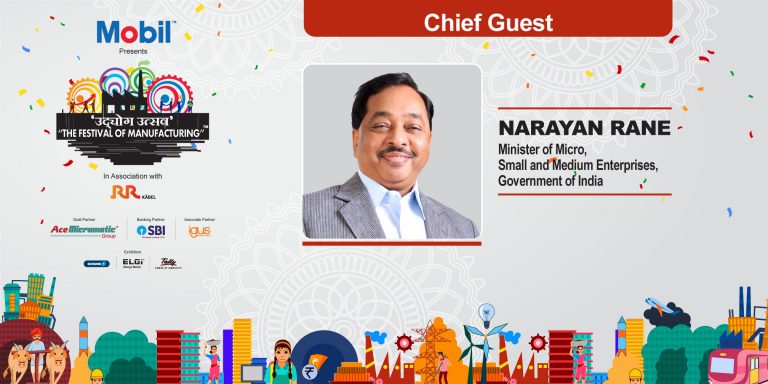
During his Chief Guest Address at the Festival of Manufacturing, Shri Narayan Rane, Union Minister of Micro, Small, Medium Enterprises emphasized how India needs to go beyond the agriculture and service sector to increase the per capita income of Indians. ” We cannot come to 3rd place in the world without the support of the manufacturing industry,” he said
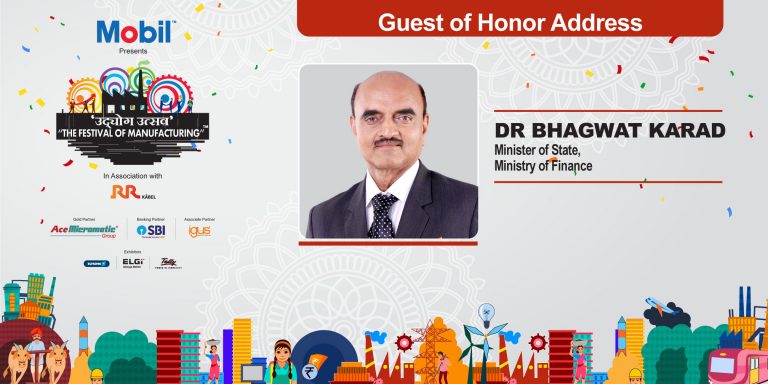
During his address at The Festival of Manufacturing, he talked about India’s possible dominance in the manufacturing world.
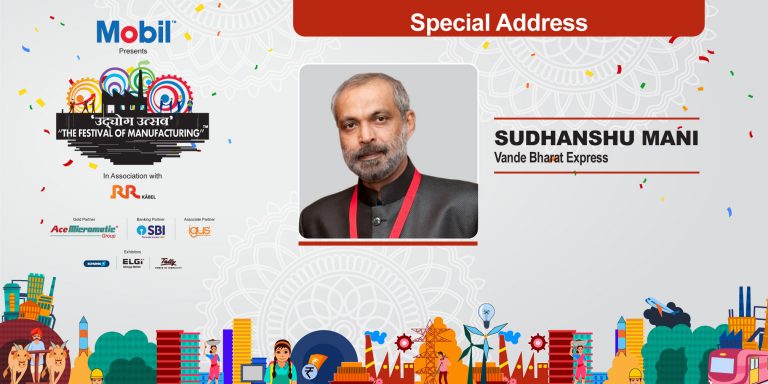
The man who stood against stifling bureaucracy of Indian Railways and most importantly, a living example of how an honest & driven man can bring change to the system. The ‘Train Man of India’, Sudhanshu Mani, who led the project to design and manufacture the first ever semi-high-speed modern train of India, the Train 18 — now in service as Vande Bharat Express within the Indian Railways network system. Mani’s engineering expertise and visionary approach have helped revolutionize the Indian railway system, making it more efficient, faster, and safer for passengers.
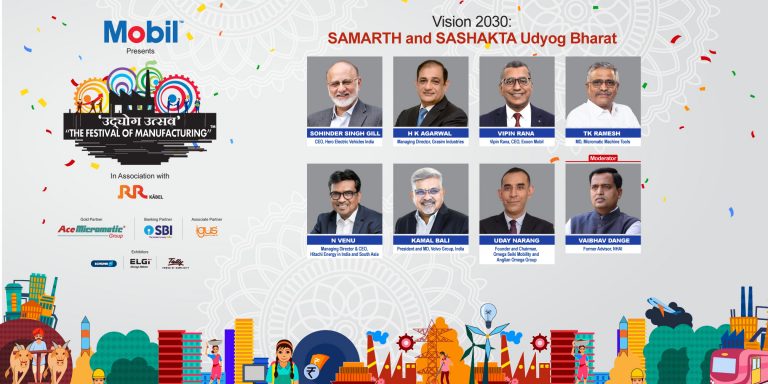
The panel discussed and deliberated on how a thriving manufacturing sector could potentially be the most critical building block for India’s economic growth in the coming year. One of the opportunities that a lot of people are talking about is China + 1 model. Global companies are reconfiguring their value chains and sourcing manufacturing footprints. Can India realistically take advantage of this shift?
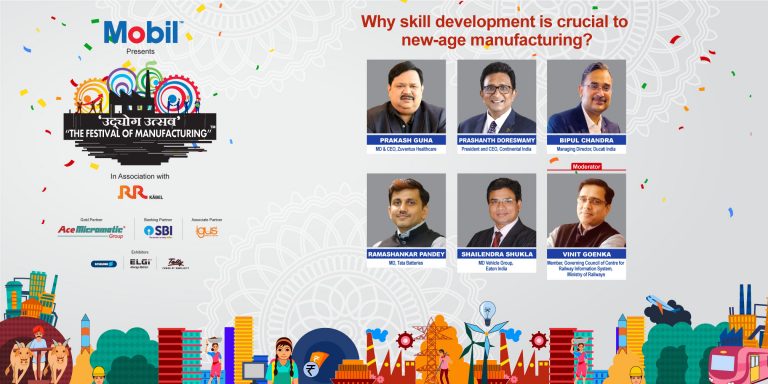
Manufacturing is one of the crucial industry sectors in India. The potential for employment in this sector is immense with new-age, digital technologies disrupting the industry. Training the candidates in the evolving technologies has become mandatory to cater to the requirements of skilled workforce in this sector. In ‘Why skill development is crucial to new-age manufacturing’ session, the panellists discussed on how the new-age technologies are being adopted in the manufacturing sector and what are the skill requirements to cope with the technology trends in the sector, among other aspects..
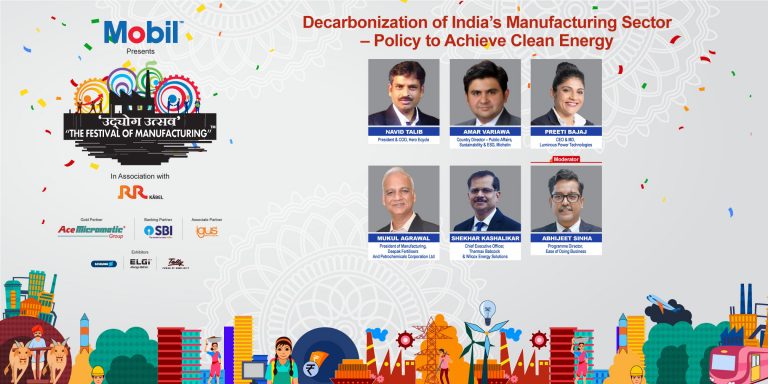
The share of India’s industrial emissions in overall emissions is projected to increase from 28 per cent in 2020 to 35 per cent in 2040. This highlights the need for policy actions that look beyond the incremental process efficiency gains and aim for deep decarbonisation of industrial energy use. Decarbonization of India’s Manufacturing Sector – Policy to Achieve Clean Energy Targets session dived deeper into the DECARB discussion and talk on strategic combinations for renewables gas and storage for effecting energy transition. We get closer to knowing policies, technology innovations and finance solutions to help the sector achieve carbon reduction goals.
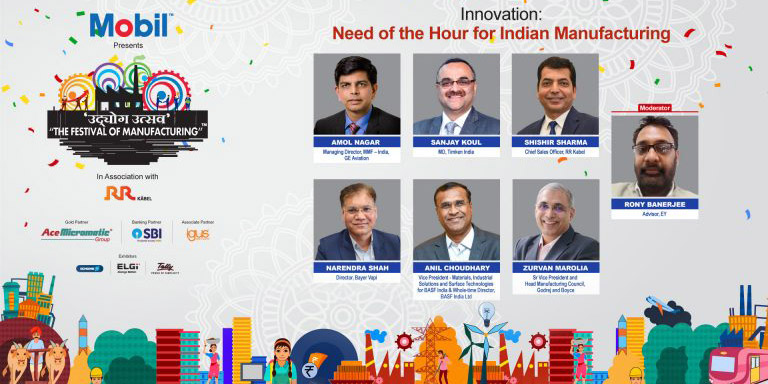
Many companies manage to achieve success in a quick span of time, but lack of innovation prevents them from replicating. Innovation remains a challenge for Indian manufacturing sector. It is encouraging that India has jumped to 40th rank in the global innovation index. There should be more bridges, links or partnerships between academia, industries and policymakers to facilitate R&D, support talent, cement gaps and come up with new ideas.